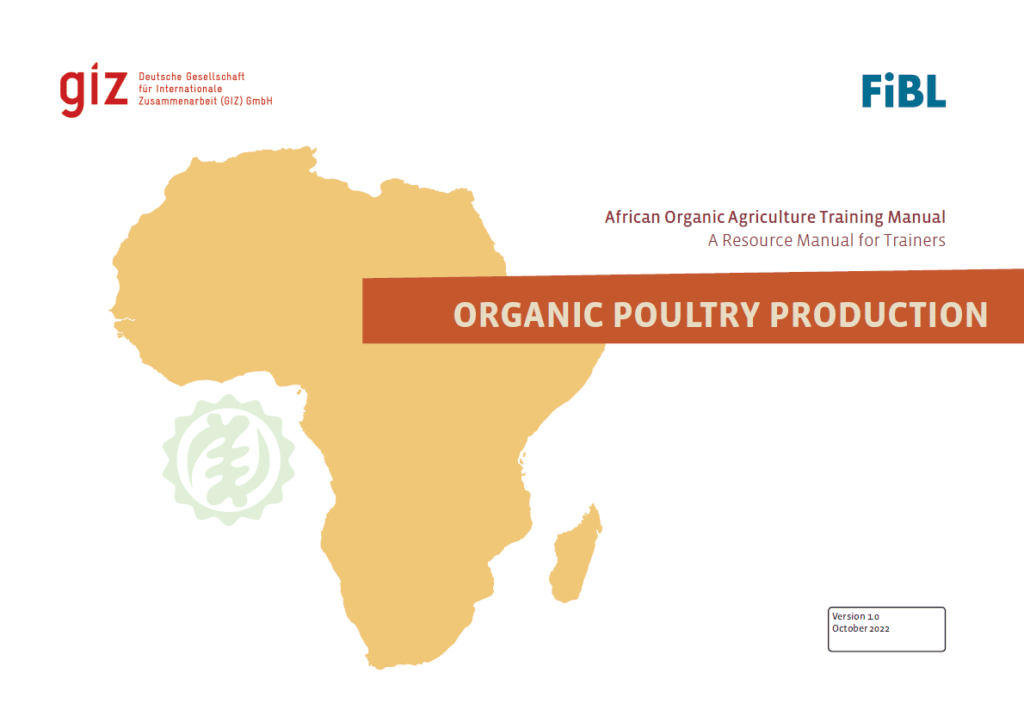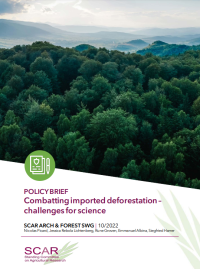AKADEMIYA2063 (2022) The Russia-Ukraine Conflict: Impacts On Commodity Markets In Zimbabwe
AKADEMIYA2063 (2022) The Russia-Ukraine Conflict: Impacts On Commodity Markets In Mozambique
AKADEMIYA2063 (2022) Wheat Production Outlook In Kenya Amidst The Ukraine Crisis
AKADEMIYA2063 (2022) Impacts Of The Ukraine-Russia Crisis On Commodity Prices In Local Markets In Rwanda
AKADEMIYA2063 (2022) The Russia-Ukraine Conflict: Impacts On Commodity Markets In Mozambique
AKADEMIYA2063 (2022) Wheat Production Outlook In Kenya Amidst The Ukraine Crisis
AKADEMIYA2063 (2022) Impacts Of The Ukraine-Russia Crisis On Commodity Prices In Local Markets In Rwanda
FAO (2022) Leveraging automation and digitalization for precision agriculture: Evidence from the case studies #120 p.

- Building on findings from 22 case studies worldwide, this study provides a landscape analysis of digital and automation solutions and offers guidance to accelerate adoption for more inclusive, sustainable and resilient agrifood systems.
- This study was developed as a background document for the FAO report The State of Food and Agriculture 2022 – Leveraging automation in agriculture for transforming agrifood systems.
- RuralInvest is a free toolkit designed to support field technicians in their work with entrepreneurs by allowing the systematization and development of bankable and sustainable business proposals.
- The toolkit comprises a user-friendly software, an e-learning course, tailored face-to-face training, user manuals, and a worldwide community of users
- AgrInvest project – to help agribusinesses and financial intermediaries make investment decisions that can increase the sustainability of food systems.
- Lessons by applying the methodology in Burkina Faso, Ethiopia, Kenya and Niger.
Nairobi, UNEP and Rome, FAO. #122 p.
- The report was developed in the framework of the UNEP-led Cool Coalition in partnership with FAO, the Ozone Secretariat, the UNEP OzonAction Programme, and the Climate and Clean Air Coalition.
FIBL (2022) Organic poultry production - African Organic Agriculture Training Manual # 71 p.
- This manual is intended for use by trainers of trainers and trainers of farmers on organic agriculture. The manual aims to explain the principles and details of poultry management for small-scale poultry farmers in Africa under organic management.
- GEO BON (2022) SUSTAINABLE AGRICULTURE Science Brief for Target 10 of the Post-2020 Global Biodiversity Framework #13 p
- GEO BON (2022) ECOSYSTEMS Science Brief for the Ecosystem Objectives of the Post-2020 Global Biodiversity Framework #33 p.
- GEO BON (2022) PROTECTED AND CONSERVED AREAS Science Brief for Target 3 of the Post-2020 Global Biodiversity Framework # 12 p.
- GEO BON (2022) POLLUTION Science Brief for Target 7 of the Post-2020 Global Biodiversity Framework #23 p.
- GEO BON (2022) CLIMATE CHANGE Science Brief for Target 8 of the Post-2020 Global Biodiversity Framework #18 p.
- GEO BON (2022) MONITORING Briefing Note for the Monitoring Framework of the Post-2020 Global Biodiversity Framework #18 p.
- GEO BON (2022) ECOSYSTEM RESTORATION Science Brief for Target 2 of the Post-2020 Global Biodiversity Framework #17 p.
- GEO BON (2022) SUSTAINABLE USE OF BIODIVERSITY Science Brief for Sustainable Use Targets of the Post-2020 Global Biodiversity Framework #13 p.
2022 Africa AgriFoodTech Investment Report
- In the past five years, early-stage investors have pumped more than $1 billion into African startups innovating for the food and agriculture industry, achieving a record-breaking $482 million in 2021 alone.
- Prepared by the Task Force of the Ad-hoc Innovation Agenda Working Group of the Bureau of the High-Level Policy Dialogue (HLPD) on Science, Technology and Innovation (STI)

- The goal of the document is to better address deforestation and forest degradation. Both are triggered throughout the world by European imports of commodities (raw materials, food, timbers, etc.).
- Recommendations are interesting for research funding agencies and researchers, as well as policy makers on both EU and MS level. The policy brief was be presented in full on the SCAR plenary meeting in December
- This book examines the connection between food and identity in the Nigerian diaspora community in Belgium. Encounters between people from different cultures do not lead to a simple adaptation of the diet, but usually give rise to some kind of fusion of new and indigenous food habits.
- Using local African and Senegalese foods in particular and how and in what circumstances these recipes were created and thought out, thanks to small anecdotes.
- Putting in place an African neo-protectionism and preserving its own resources (land, digital goods, etc.), ensuring its sovereignty – food by developing agroecology, monetary and financial with the creation of a debt agency – are all avenues for Africa is reclaiming its destiny. With this conviction: by promoting a sharing economy, the commons are also deeply rooted in African social reality.
- Kako Nubukpo is Commissioner in charge of the Department of Agriculture, Water Resources and Environment of the West African Economic and Monetary Union (UEMOA).
Global Development Institute (2022) Exploring Financing for GreenTech SMEs in East Africa: Current Trends and Risk Appetite # 20 p.
- Born-green SMEs are predominantly in sustainability/energy sectors and agricultural-tech across East African Community (EAC) countries. Kenya outperforms its counterparts in terms of estimated revenues.










No comments:
Post a Comment